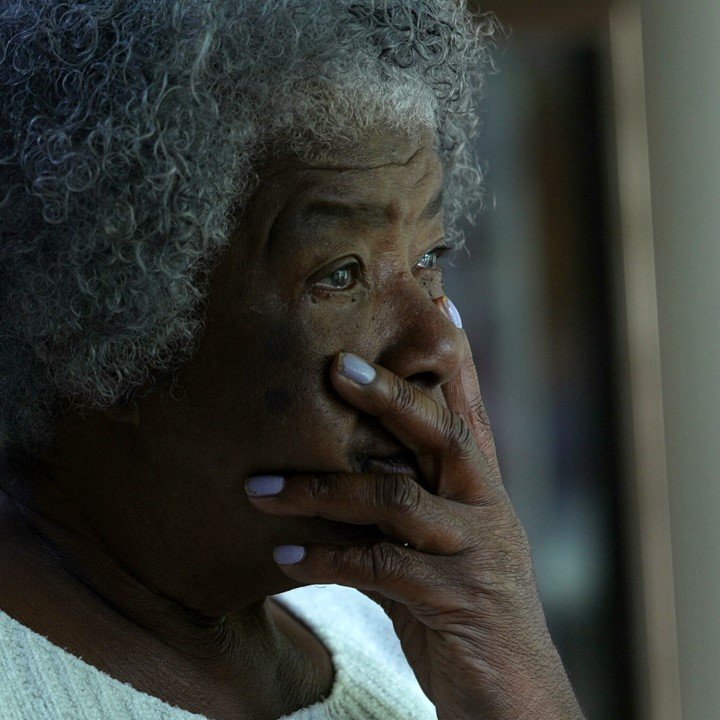Senior loneliness is a widespread issue that affects a significant number of older adults. The National Institutes of Health noted that 43% of adults aged 60 and older report feeling lonely. And the problem is getting worse, due partly to the aging of our population. Additionally, changes in family structures and social norms may mean that seniors have fewer social connections and support networks than in the past.
Elder loneliness has been found to be a significant risk factor for poor physical and mental health outcomes. Research suggests that senior loneliness can be even more harmful to health than smoking 15 cigarettes per day. Multiple studies have also shown the risk of death from loneliness to be worse than consuming excess alcohol, lack of exercise, and obesity.
Loneliness can lead to decreased physical activity, poor sleep quality and cognitive decline. Specific risks of loneliness and isolation for seniors, according to the CDC website, include:
- About a 50% increased risk of dementia
- 29% increased risk of heart disease
- 32% increased risk of stroke
- Higher rates of depression, anxiety, and suicide.
Even with technology such as Zoom and Facetime video calls, nothing can substitute for time spent face-to-face. While cleaning, meal preparation and occasional transportation are important, Companion Care is perhaps an even more important service our Caregivers provide. We see the difference having someone to talk to and spend time with makes for many of our clients. Just having someone to talk with, a new friend, can literally be life-giving. While we are often contacted because of a person’s physical limitations brought on by aging, brightening their day by being a friend may be the most important service we provide.






